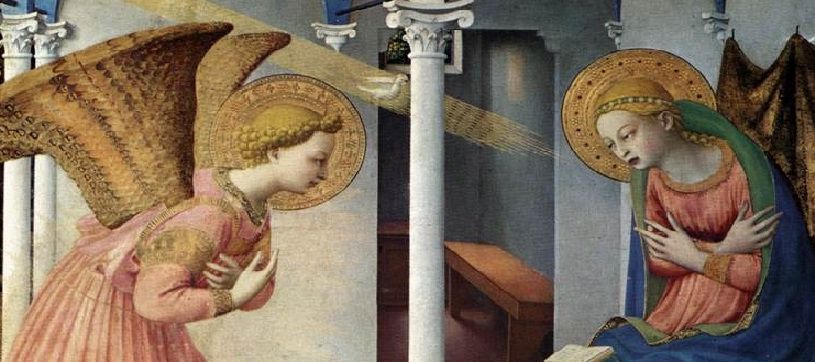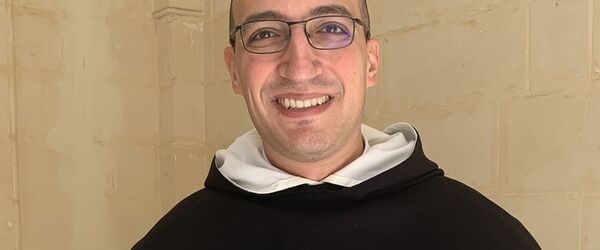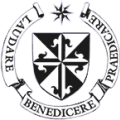
Diploma in Theology (Level 7)
Students can commence the Diploma in Theology course only in the autumn semester of each year. The course begins with the short, free of charge 'Learning to Learn' module introducing students to distance learning then successful completion of the modules below qualifies a student for the level 7 diploma in theology. These modules are offered every year, two per semester. While each module covers a 15-week span, a person may decide to study two modules together to achieve the diploma in one year. However, a student may also decide to study one module at a time, thus making the diploma achievable in two years. (Level 7, NFQ; 65 ECTS credits )
Download prospectus here
Modules
These are the modules available in each semester. Click each module title to view its details.
Spring
This short, introductory module demonstrates how distance learning fits in with the human experience of lifelong learning. It shows how learning styles are quite personal, and involve a great deal of reflection and self-appraisal. Reading is important, as is the discipline of writing assignments. The module also touches on study skills, time management and examination techniques. Every student must take this module to begin studying with us. There is no fee for this module.
From the outset the Christian community has identified itself as 'an assembly', a church 'with rituals and sacraments. How the Church developed its understanding of itself as the Body of Christ is traced through the patristic period, the Middle Ages, the Reformation and the Council of Trent. The most comprehensive expression of this theology "the Second Vatican Council" shows that a theology of worship now occupies a central place in the Catholic Church. The sacraments of initiation, "Baptism, Confirmation and Eucharist", are examined in detail. Participation in the sacraments, especially the Eucharist, has focussed the ecumenical search for a common Christian theology. The sacraments of Orders, Marriage, Reconciliation and Anointing of the Sick are defined as sacraments "for the time of waiting".
The module begins with the Arian controversy and the trinitarian responses made by the Councils of Nicaea and Constantinople. The christological controversies and the reactions of the Councils of Ephesus and Chalcedon are studied, with particular reference to the debates about the identity of Christ. Contemporary ideas of the Trinity and Incarnation as found in Catholic, Protestant and Eastern Orthodox Churches are explored. Theologies of redemption (soteriology) focus on the human and divine aspects of Christ. The destiny of creation (eschatology) is explored beginning with the Old Testament apocalyptic literature and its adoption by the New Testament writers and the Church fathers.
Autumn
This short, introductory module demonstrates how distance learning fits in with the human experience of lifelong learning. It shows how learning styles are quite personal, and involve a great deal of reflection and self-appraisal. Reading is important, as is the discipline of writing assignments. The module also touches on study skills, time management and examination techniques. Every student must take this module to begin studying with us. There is no fee for this module.
Jesus made people think! And Christianity from its earliest days has honoured the human capacity for reflection. Whenever human enquiry touches on the big issues of life 'its origin and destiny' and relates these issues to the question of God, then the world which opens up is the world of theology. This module traces how the Judeo-Christian tradition reveals a God who is unique, personal and involved in human affairs. The module highlights the work of many contemporary theologians whose work has been profoundly shaped by the social context in which they live. The module also treats of moral theology and the Church, and shows how a questioning mind is a key element in the journey of faith.
God is One and Three (Trinity); God is the source of all created reality (Creator); and God has become human (Christ). This module addresses each of these aspects of God. The module then outlines how God can be understood as both transcendent and immanent. The Creator is outside of creation, but is involved with creation in a manner that rejects pantheism, modalism and dualism. Since God is the ultimate point of reference for meaning in life, this impacts on the relationship between human beings and the wider world. The trinitarian teaching of the Eastern Orthodox churches has a special place in this module.




